Blessed Pope Pius IX instituted the solemnity of the Immaculate Conception of the Blessed Virgin Mary on December 8, 1854, when he proclaimed as truth the dogma that our Lady was conceived free from the stain of original sin. This had been a traditional belief since about the eighth century, and had been celebrated as a feast first in the East, and later in the West. So let us be clear that this celebration pertains to the conception of Mary, and not that of Jesus, whose conception we celebrate on the feast of the Annunciation on March 25. It’s easy to keep this straight if you remember the math: nine months after this date is September 8th, the feast of the Birth of the Blessed Virgin Mary. Nine months after the Annunciation is December 25th, or Christmas, the feast of the birth of our Savior.
Today’s feast celebrates our faith that God loves the world so much that he sent his only Son to be our Savior, and gave to him a human mother who was chosen before the world began to be holy and blameless in his sight. This feast is a sign for us of the nearness of our salvation; that the plan God had for us before the world ever took shape was finally coming to fruition. How appropriate it is, then, that we celebrate the Immaculate Conception just before Christmas, when our salvation begins to unfold.
The readings chosen for this day paint the picture. In the reading from Genesis, we have the story of the fall. The man and the woman had eaten of the fruit of the tree that God had forbidden them to eat. Because of this, they were ashamed and covered over their nakedness. God noticed that, and asked about it. He found they had discovered the forbidden tree because otherwise they would not have the idea that their natural state was shameful; they had not been created for shame. Sin had entered the world, and God asks the man to tell him who had given him the forbidden fruit.
This leads to a rather pathetic deterioration of morality, as the man blames not just the woman, but also God, for the situation: “The woman whom you put here with me: she gave me fruit from the tree, and so I ate it.” In other words, if God hadn’t put the woman there with him in the first place, he never would have received the fruit to eat. The woman, too, blames someone else: the serpent. As if neither of them had been created with a brain to think for themselves, they begin that blame game in which we all participate from time to time.
Thus begins the pattern of sin and deliverance that cycles all through the scriptures. God extends a way to salvation to his people, the people reject it and go their own way. God forgives, and extends a new way to salvation. Thank God he never gets tired of pursuing humankind and offering salvation, or we would be in dire straits. It all comes to perfection in the event we celebrate today. Salvation was always God’s plan for us and he won’t rest until that plan comes to perfection. That is why St. Paul tells the Ephesians, and us, today: “He chose us in him, before the foundation of the world, to be holy and without blemish before him. In love he destined us for adoption to himself through Jesus Christ…”
And so, in these Advent days, we await the unfolding of the plan for salvation that began at the very dawn of the world in all its wonder. God always intended to provide an incredible way for his people to return to them, and that was by taking flesh and walking among us as a man. He began this by preparing for his birth through the Immaculate Virgin Mary – never stained by sin, because the one who conquered sin and death had already delivered her from sin. He was then ready to be born into our midst and to take on our form. With Mary’s fiat in today’s Gospel, God enters our world in the most intimate way possible, by becoming vulnerable, taking our flesh as one like us, and as the least among us: a newborn infant born to a poor family. Mary’s lived faith – possible because of her Immaculate Conception – makes possible our own lives of faith and our journeys to God. There’s a wonderful Marian prayer called the Alma Redemptoris Mater that the Church prays at the conclusion of Night Prayer during the Advent and Christmas seasons that sums it all up so beautifully. Pray it with me, if you know it:
Loving Mother of the Redeemer,
Gate of heaven, star of the sea,
Assist your people
who have fallen yet strive to rise again.
To the wonderment of nature you bore your Creator,
yet remained a virgin after as before.
You who received Gabriel’s joyful greeting,
have pity on us, poor sinners.
Our celebration today has special meaning for us. Because Mary was conceived without sin, we can see that sin was never intended to rule us. Because God selected Mary from the beginning, we can see that we were chosen before we were ever in our mother’s womb. Because Mary received salvific grace from the moment of her conception, we can catch a glimpse of what is to come for all of us one day. Mary’s deliverance from sin and death was made possible by the death and resurrection of her Son Jesus, who deeply desires that we all be delivered in that way too.
Pray for us, O holy Mother of God, that we may be made worthy of the promises of Christ. Amen.
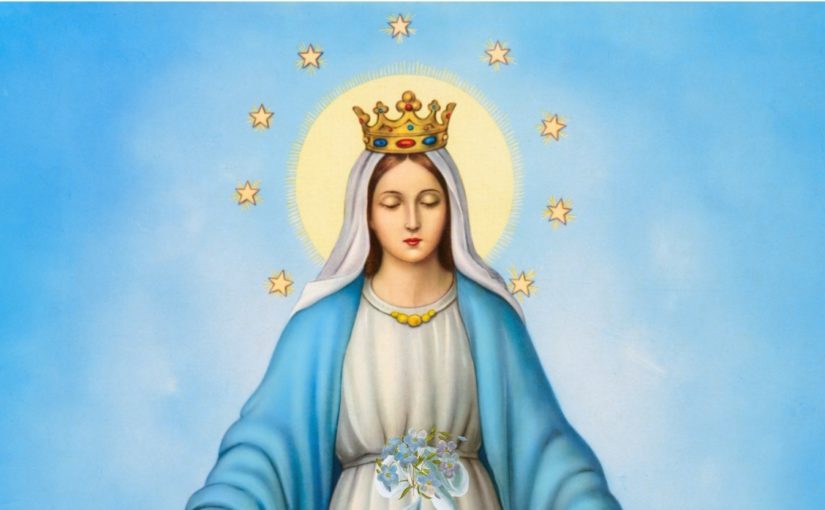
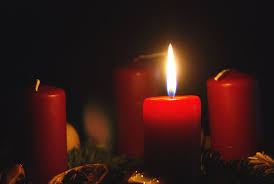
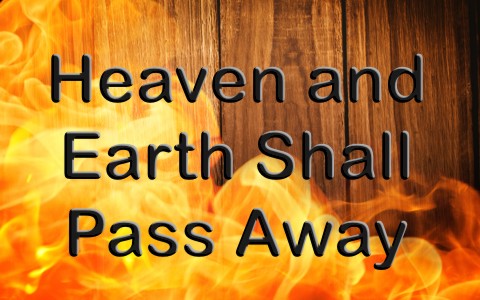
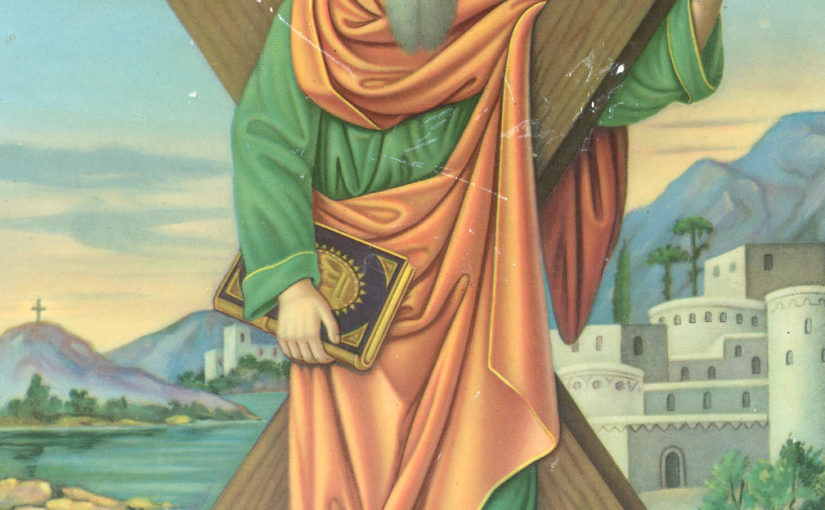
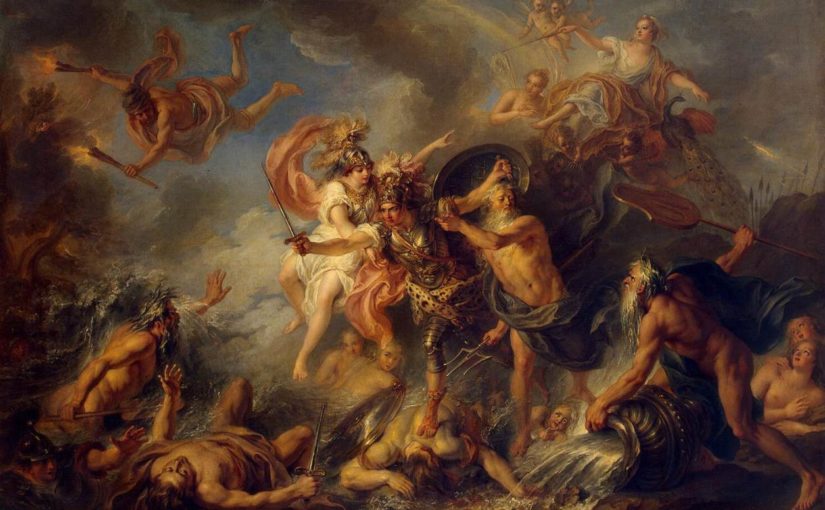
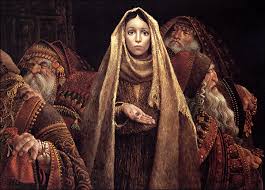
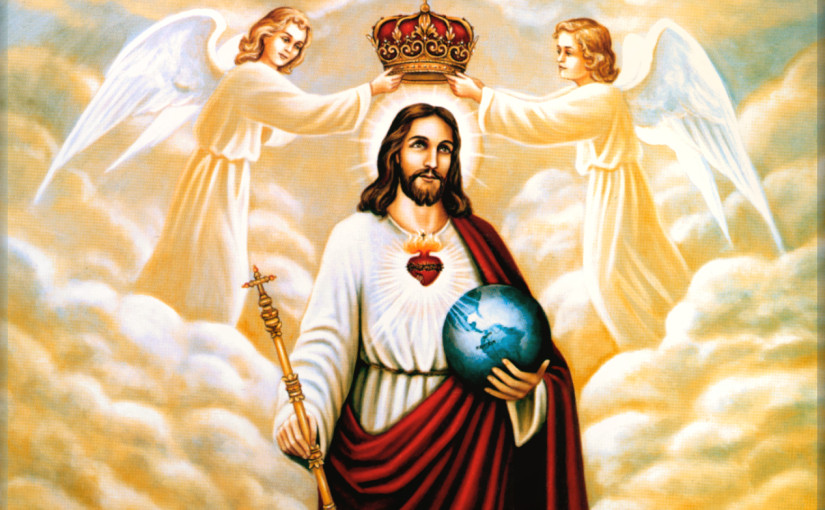
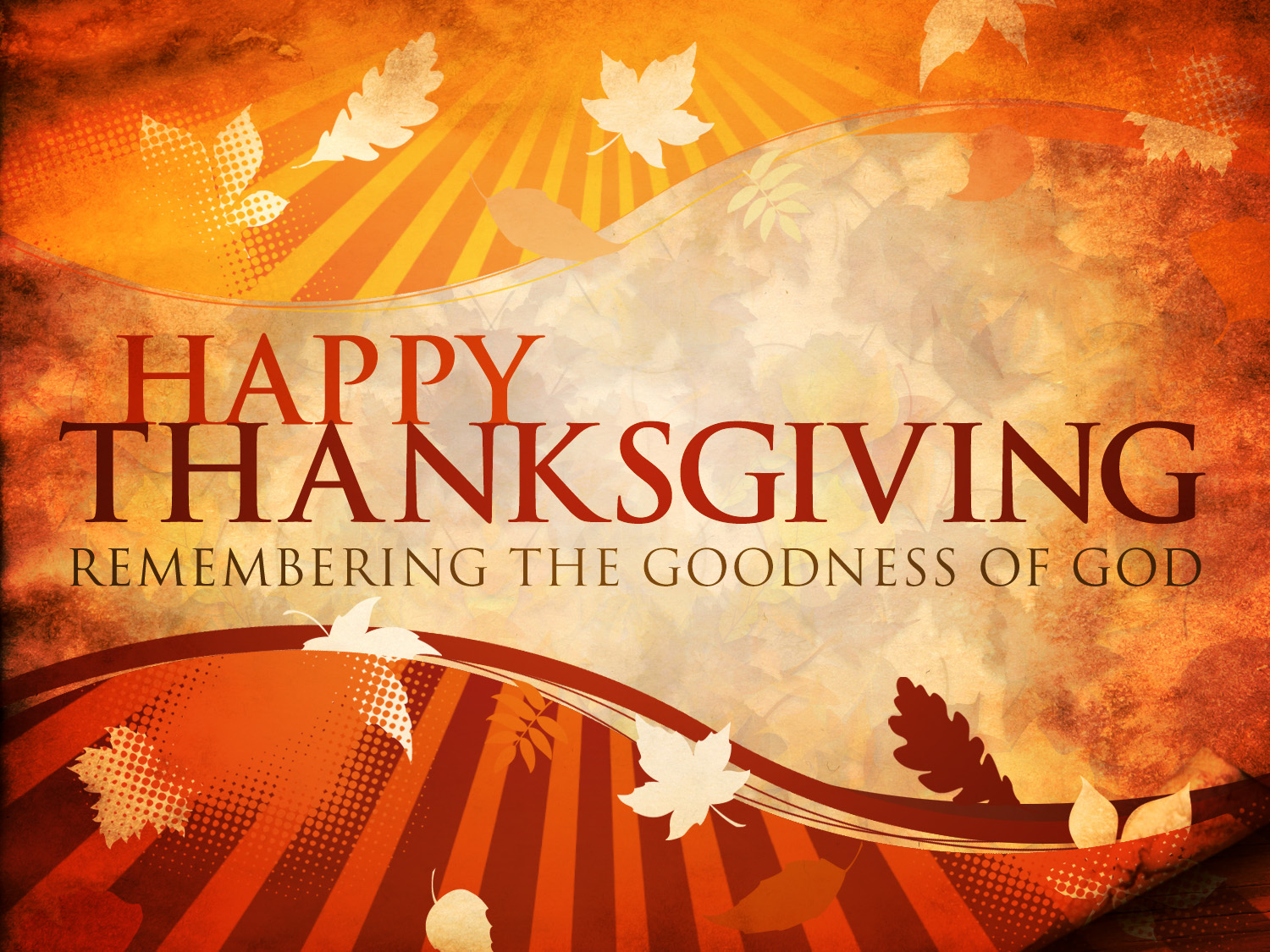
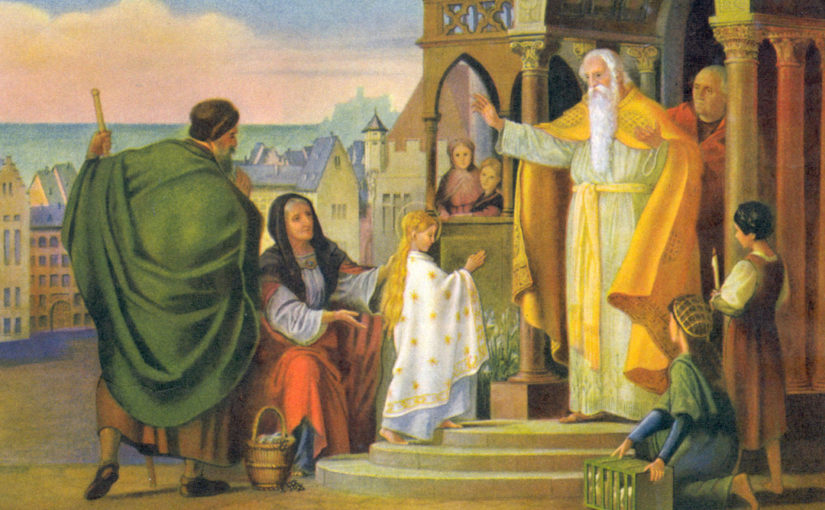
You must be logged in to post a comment.